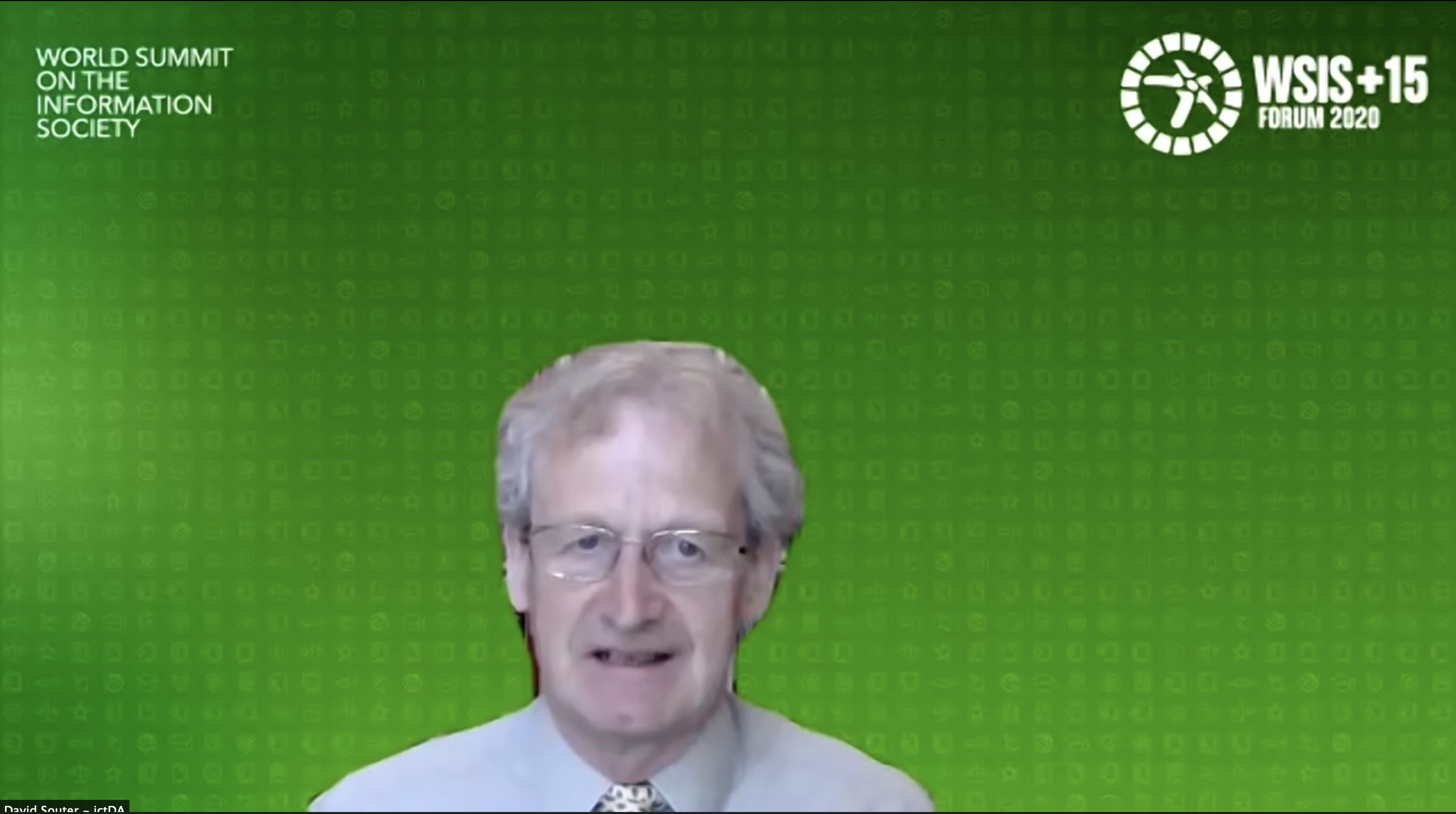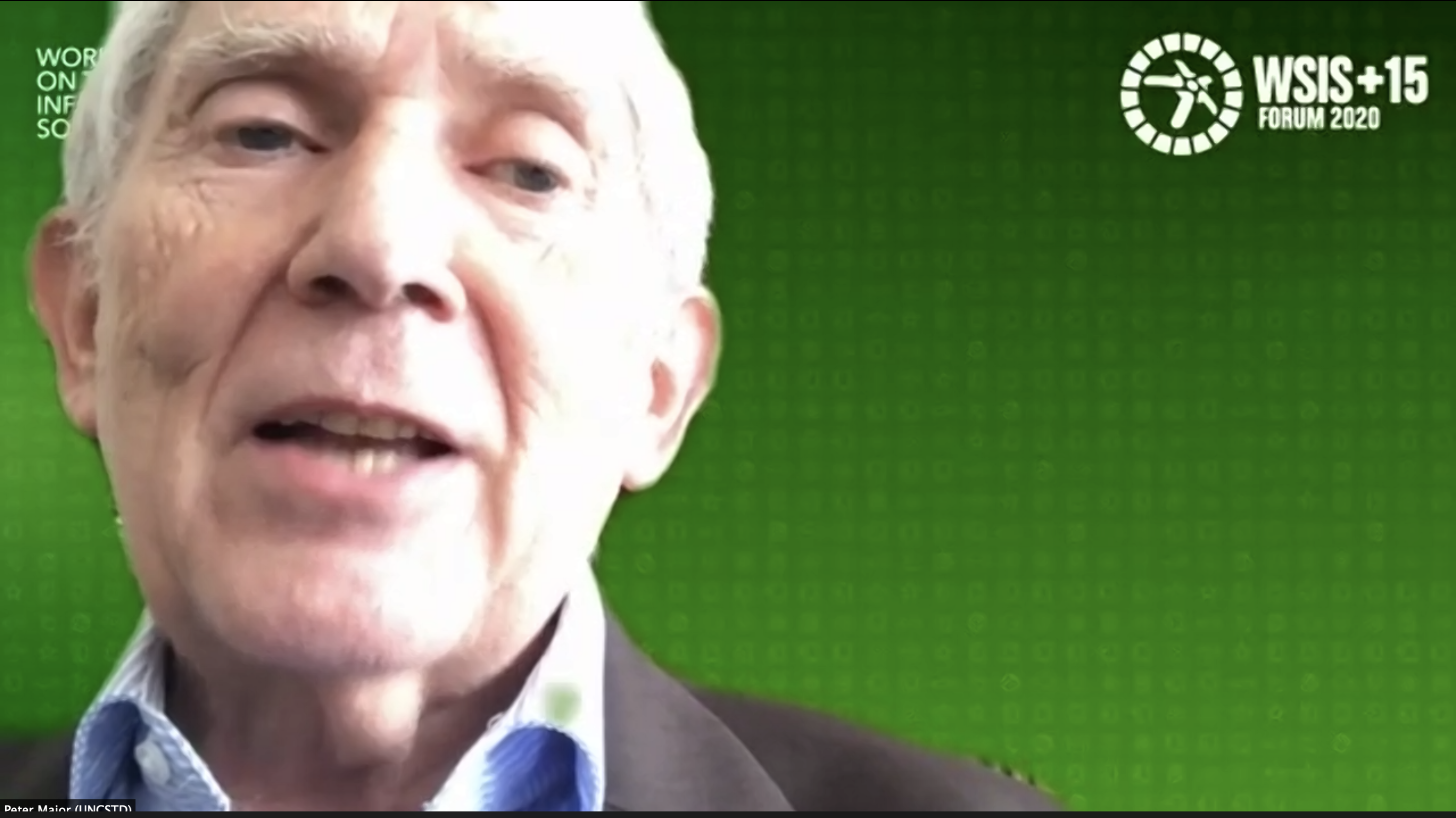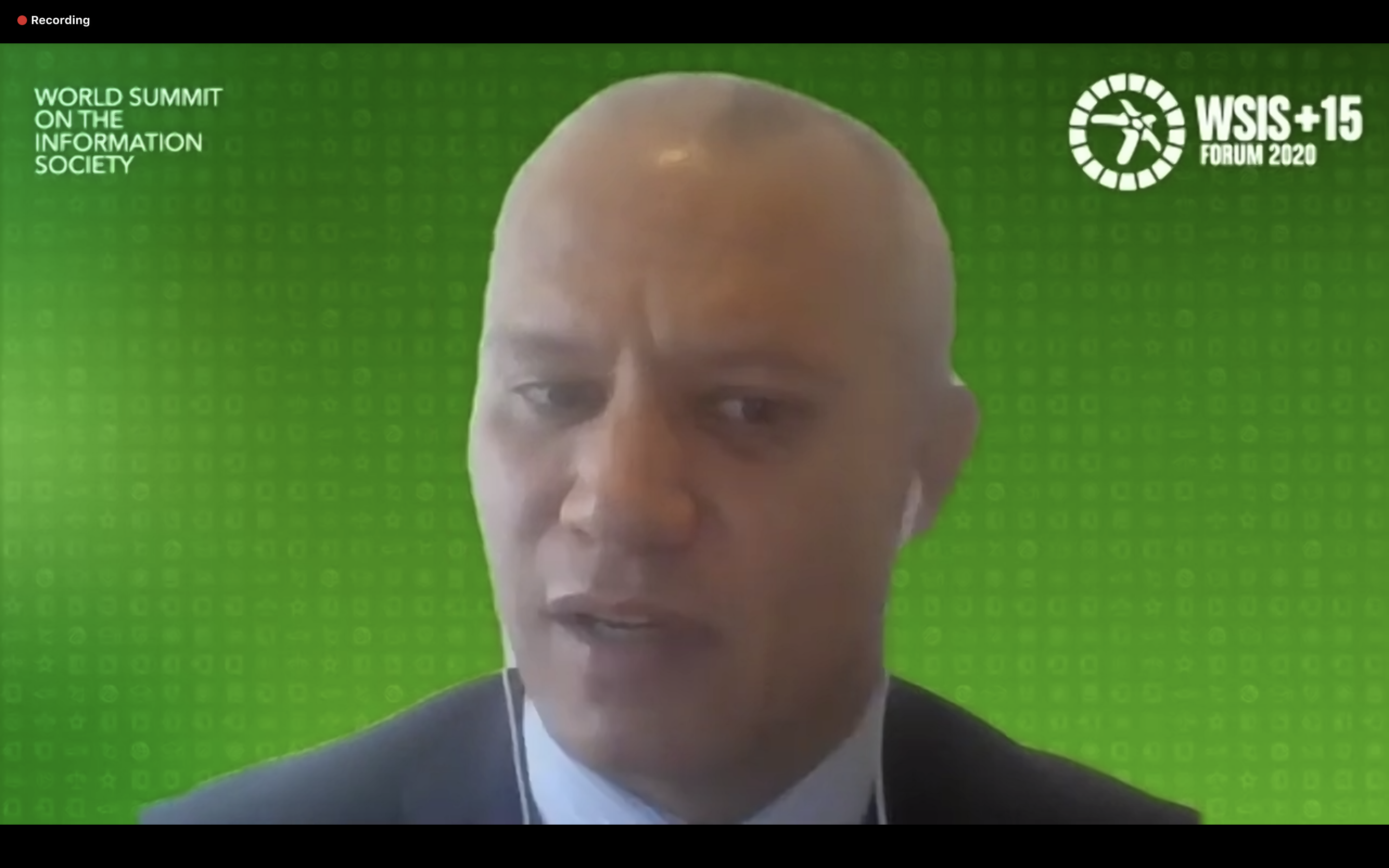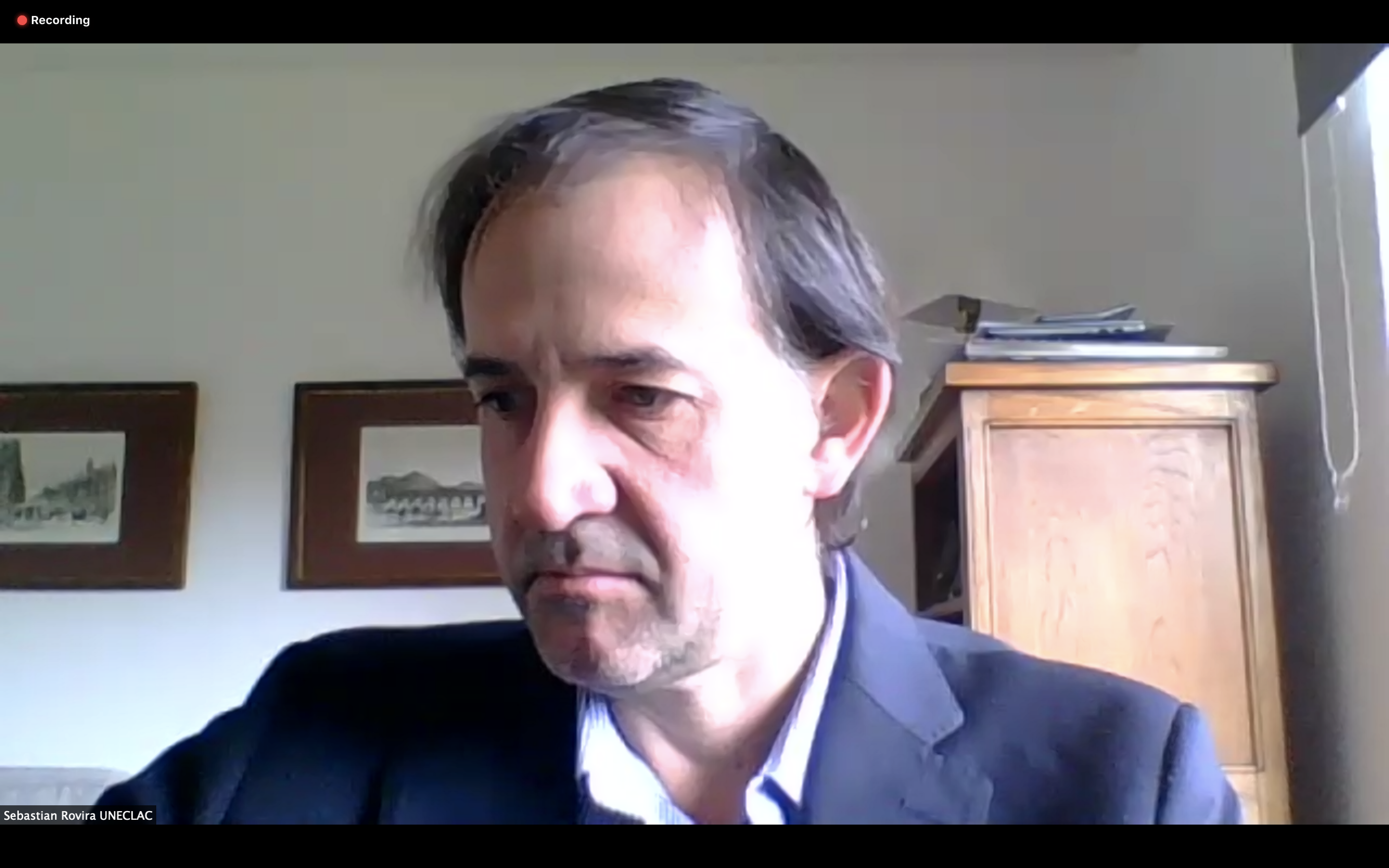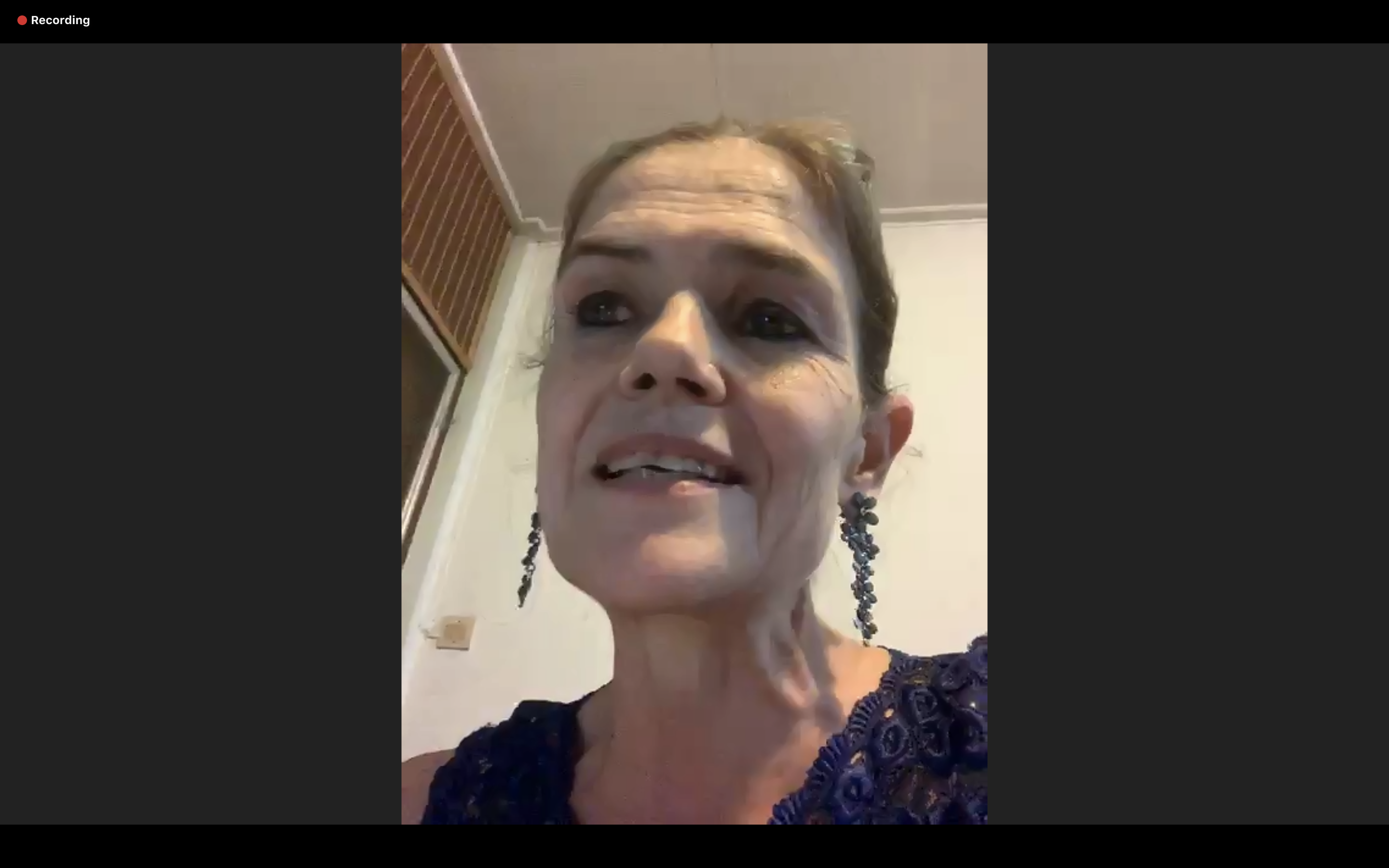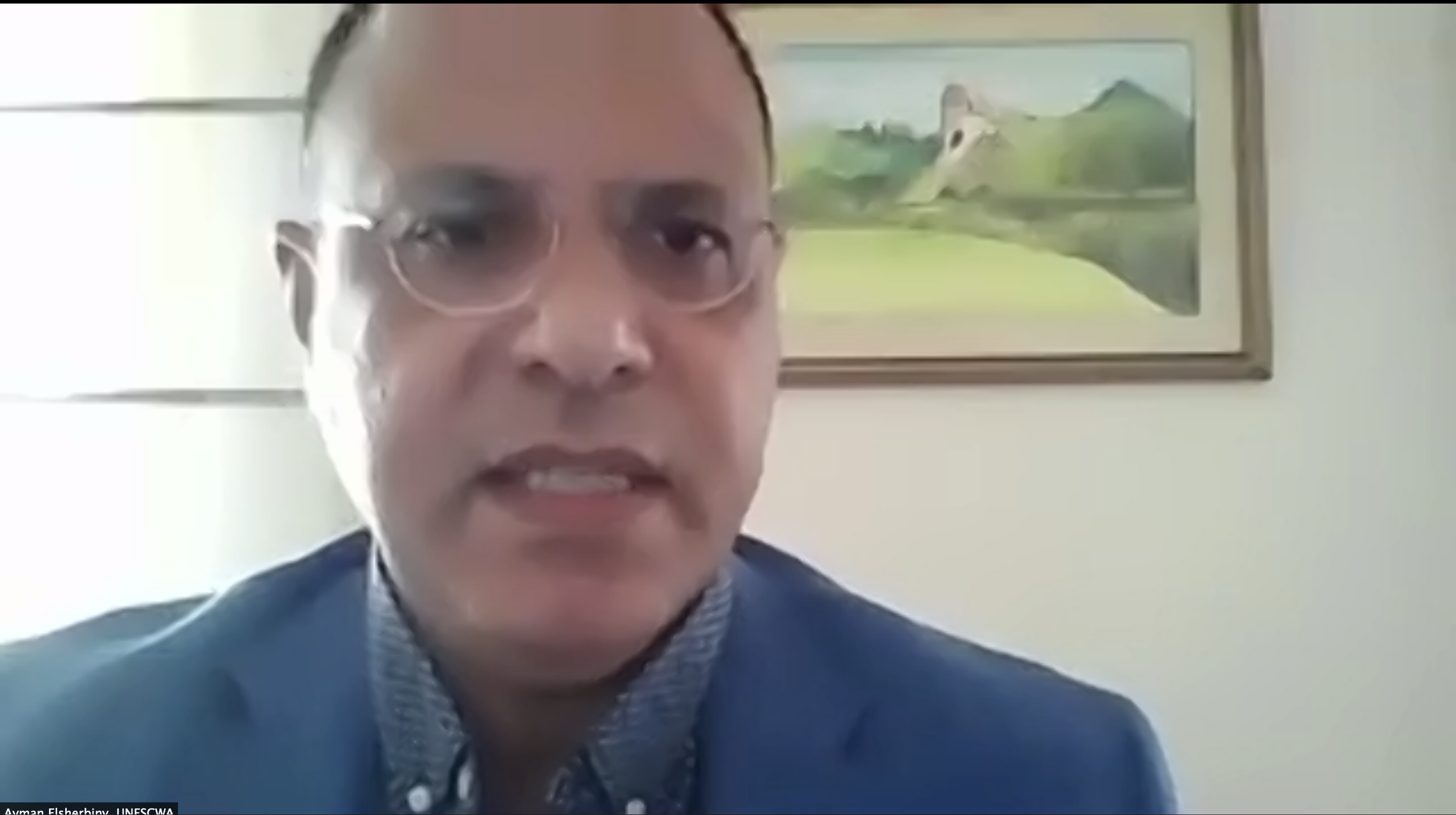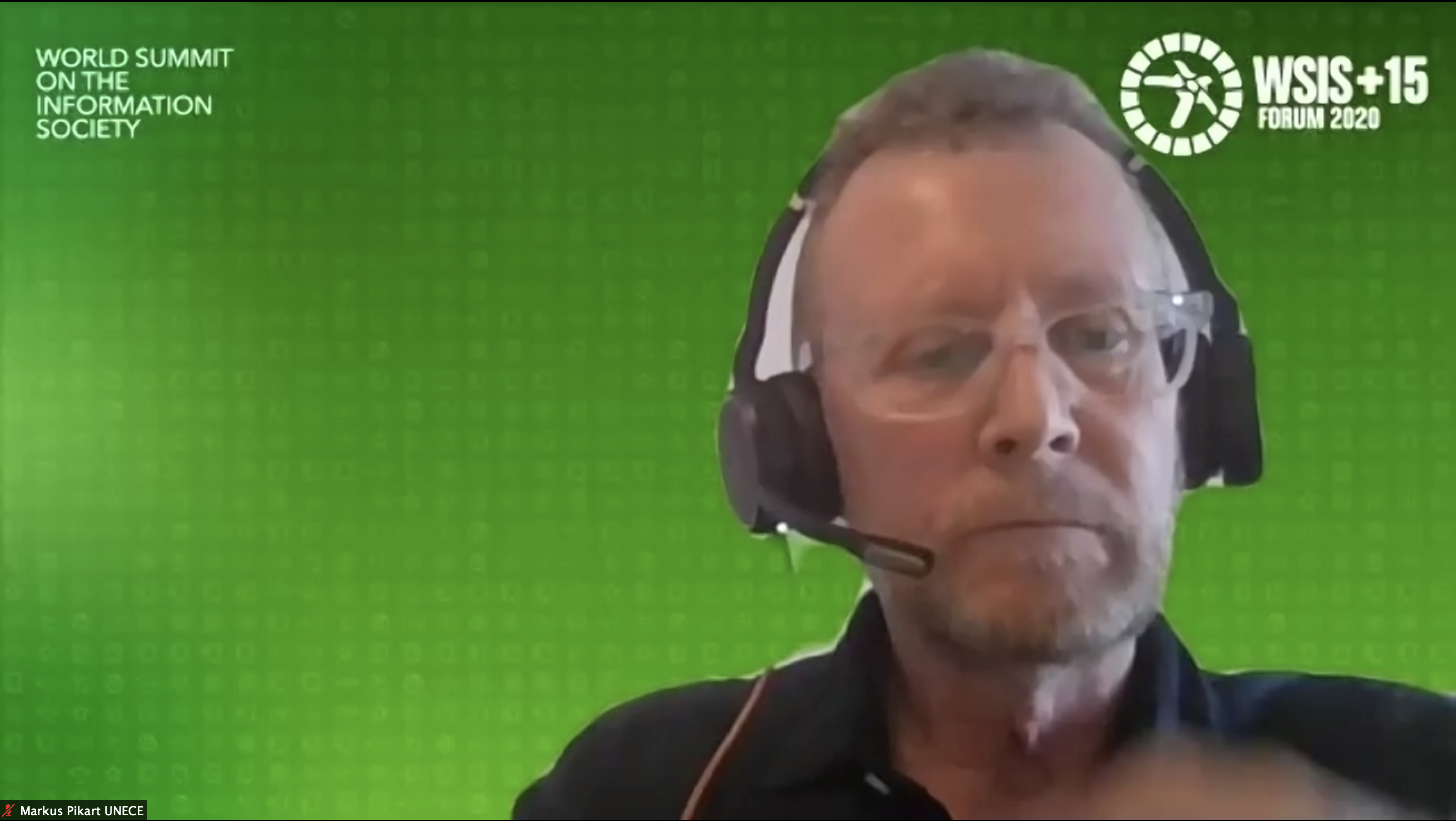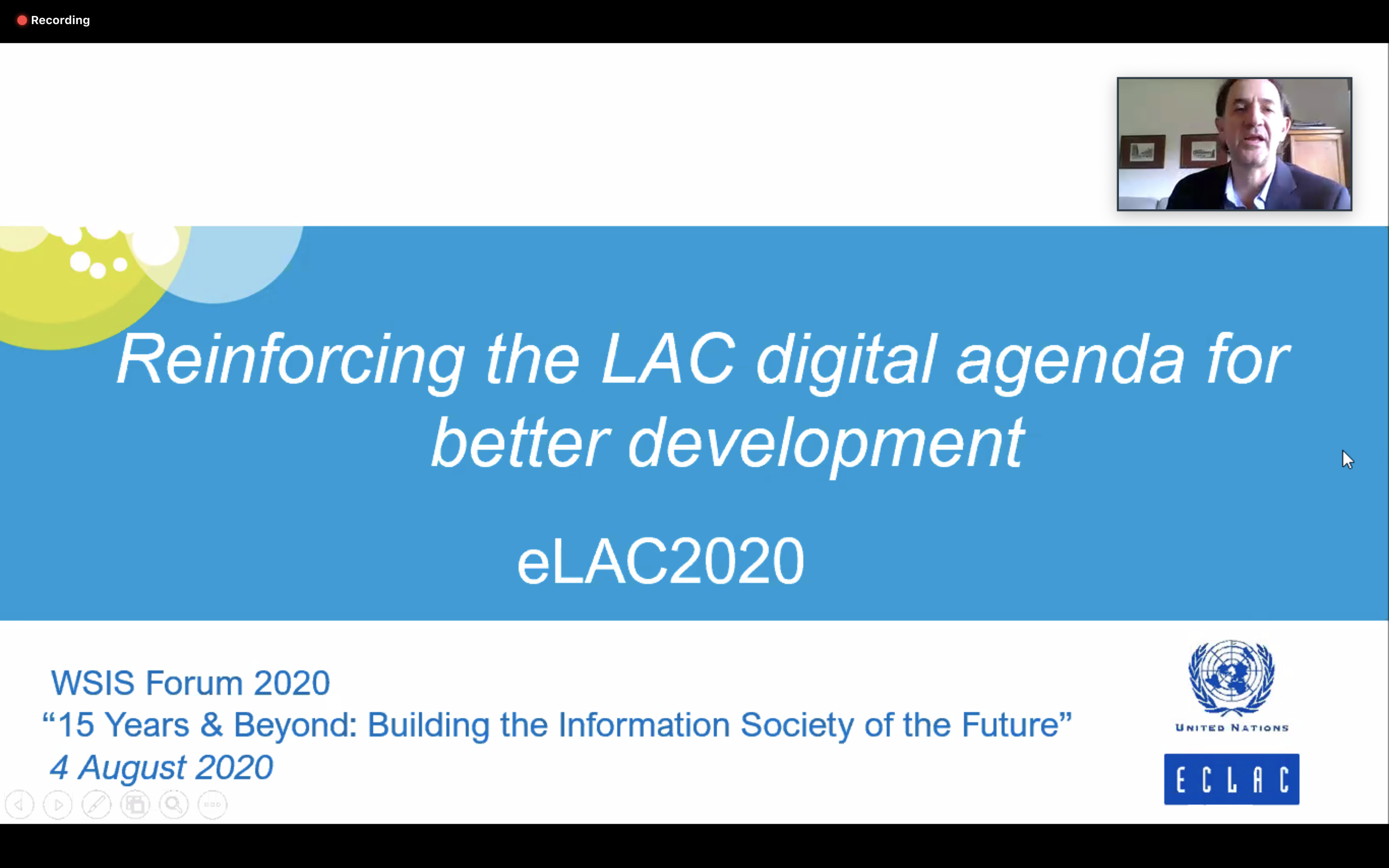15 Years & Beyond: Building the Information Society of the Future
United Nations Conference on Trade and Development (UNCTAD), United Nations Economic Commission for Africa (UNECA), United Nations Economic Commission for Europe (UNECE), United Nations Economic Commission for Latin America and the Caribbean (UNECLAC), United Nations Economic and Social Commission for Asia and the Pacific (UNESCAP), United Nations Economic and Social Commission for Western Asia (UNESCWA)
Session 252
The world today looks very different from the one envisaged 15 years ago at the final session of WSIS and countries have taken significantly different paths since then. Digital divides remain a challenge, which hampers equitable reaping of benefits from the Information Society. This session will address the major changes in the Information Society both at the global and regional levels, and the directions in which it could evolve in the near future.
Moderated by Mr. Peter Major, the session will first entail a keynote speech by Mr. David Souter on the overall progress towards the WSIS vision at the 15 year milestone. UNCTAD will present its analysis assessing the global dimension of the Information Society relative to 15 years ago and the way ahead, particularly from the development perspective. Representatives from the UN regional commissions will share their views on the changes and trends in the Information Society from the regional perspective.
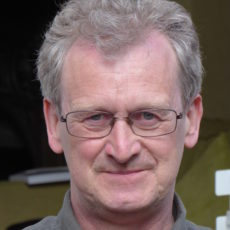
David Souter is Managing Director of ict Development Associates, which he founded in 2002, and which provides expertise at the interface between the Information Society and public policy, particularly concerning development, environment, governance and rights. He has worked for many years with UN agencies including ITU, UNESCO, UNCTAD, UNCSTD and UNDESA, as well as with the World Bank and other international organizations. He was lead author of the five- and ten-year reviews of WSIS outcomes prepared by UNCSTD for the UN General Assembly.
He was visiting professor in communications management at the University of Strathclyde from 2000 to 2012, senior visiting fellow in media and communications at the London School of Economics from 2009 to 2015, and chief executive of the Commonwealth Telecommunications Organisation from 1995 to 2003. His weekly blog, ‘Inside the Information Society’ is published by the Association for Progressive Communications.
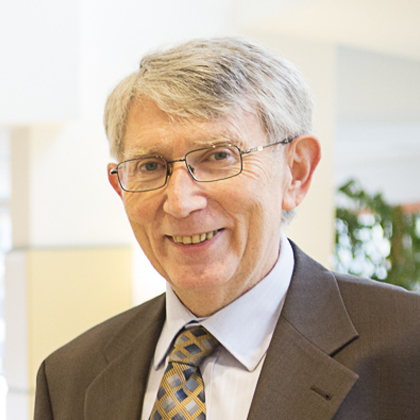
Peter Major is Chair of the United Nations Commission on Science and Technology for Development (UNCSTD). He participates in various activities of the International Telecommunication Union (ITU), the Internet Governance Forum (IGF), the Economic and Social Council (ECOSOC), World Summit on Information Society (WSIS) and other international forums for more than 30 years. Peter chaired the UNCSTD Working Group on the Improvements of the IGF. Subsequently, he chaired the UNCSTD Working Group on Enhanced Cooperation.
While working for the ITU Radiocommunication Bureau (ITU/BR) Peter was moderator and panelist on most of the ITU/BR World and Regional Seminars on Radio Regulations/Frequency management. He conducted workshops on the BR information system and in particular on the use of Space Network Systems Online -a web-based query and submission system developed by him, launched in 1995. Peter published many articles and papers on a variety of subjects including internet governance and cybersecurity. Peter is a faculty member of the European Summer School in Internet Governance (Meissen, Germany) and he is a visiting professor at the Higher School of Economics, National Research University (Moscow, Russia)
He is regularly invited as keynote speaker, moderator or panelist to conferences, academic courses and technical forums. His activities have been recognized by the “Puskás Tivadar” award (2014) and by the Certificate of the International Telecommunication Union (2015).

Shamika N. Sirimanne is the Director of the Division on Technology and Logistics of UNCTAD. Sirimanne has extensive experience in development policy, research and technical cooperation gained from international organizations, national governments, think tanks and universities. She serves as the Head of the Secretariat of the United Nations Commission on Science and Technology for Development (UNCSTD) which is the focal point of the UN on STI policy dialogue, and also leads UNCTAD programmes on e-commerce and the digital economy.
Prior to joining UNCTAD, she served as the Director of the Information and Communications Technology and Disaster Risk Reduction Division of the United Nations Economic and Social Commission for Asia and the Pacific (UNESCAP), where she spearheaded major regional cooperation programmes. Among them are the Asia-Pacific Information Superhighway initiative for seamless broadband connectivity, Regional Drought Mechanism for monitoring and early warning of drought through space applications, and the United Nations Network of Experts for Paperless Trade (UNNExT). During her tenure with ESCAP, she also served as the Secretary of the ESCAP's annual Ministerial meeting, headed the trade facilitation programme, and led the macroeconomic policy work and ESCAP's flagship publication, Economic and Social Survey of Asia and the Pacific. Prior to that, Sirimanne was with the United Nations Economic Commission for Africa (UNECA), where she led the economic policy team and the Economic Report on Africa, the flagship publication of ECA. She has also worked for the Canadian Department of Finance and the World Bank. She holds a PhD in Economics.
_(003).jpg)
Jean-Paul Adam is the Director for Technology, Climate Change and Natural Resources Management in the United Nations Economic Commission for Africa. Prior to taking on this role, he served in the Government of the Republic of Seychelles in several Cabinet positions. He was Minister of Health from 2016 to 2019. He served as Minister of Finance, Trade and the Blue Economy from 2015 to 2016 where he negotiated a debt for climate change adaptation swap and launched the process for Seychelles to become the first issuer of a Blue Bond. Between 2010 and 2014, he was Seychelles’ Minister of Foreign Affairs, where he advocated for countries to embrace the concept of the Blue Economy, to improve sustainability for island and coastal countries.
Before entering the Cabinet, between 2005 and 2009, he occupied several senior roles in the Office of the President of the Republic of Seychelles including Director General for presidential affairs, Principal Secretary for the Office of the President and Secretary of state in the presidency. He started his career as a career diplomat in the Ministry of Foreign Affairs between 2001 and 2004. He is a holder of a Masters in International Political Economy form the University of Manchester (UK) and a BA in English Literature and French from the University of Sheffield (UK).
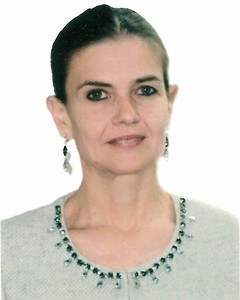
Ms. Tiziana Bonapace is Director of Information and Communications Technology and Disaster Risk Reduction Division, of the United Nations Economic and Social Commission for Asia and the Pacific (UNESCAP). Prior to this, Ms. Bonapace was Head of the Subregional Office for North and Central Asia, UNESCAP.
Ms. Bonapace is an international development economist, who joined the UN in 1990 as a UNIDO associate expert. In 1992 she joined ESCAP’s trade and investment programme, where she specialized in the developmental impact of WTO and regional trade agreements, as well as the implications of WTO accession for countries with special needs. From 2008-2010, Ms. Bonapace led the preparation of ESCAP’s flagship publication, the Economic and Social Survey of Asia and the Pacific, on regional macroeconomic performance. Since 2011, Ms. Bonapace has worked on regional connectivity issues, and the opportunities that seamless infrastructure and market integration offer for economic diversification and competitiveness. Since 2016, Ms. Bonapace has led ESCAP’s ICT and Disaster Risk Reduction programme which seeks to build resilience to disasters through improved connectivity and technological innovation.
Throughout her UN career, Ms. Bonapace has led the preparation of studies, research and analytical papers and has participated as a panelist and resource person in many meetings of senior government officials and business leaders.
Ms. Bonapace has lived in Italy, Kazakhstan, Thailand and South Africa, where she obtained her Master’s degree in Economics and Commerce, and worked as University lecturer.

Ayman El-Sherbiny is the Chief of Information and Communication Technology Policies at the United Nations – ESCWA. He was also the co-founder of the Arab Internet Governance Forum (AIGF) and the Arab High-Level Forum on WSIS and 2030 Agenda. As a senior United Nations Official since late 2002, his work currently focuses on developing an Arab Digital Agenda and on an Arab Digital Cooperation and Development Framework and Process, that comprises a holistic paradigm combining Internet Governance, Digital Economy and Digital Transformation.
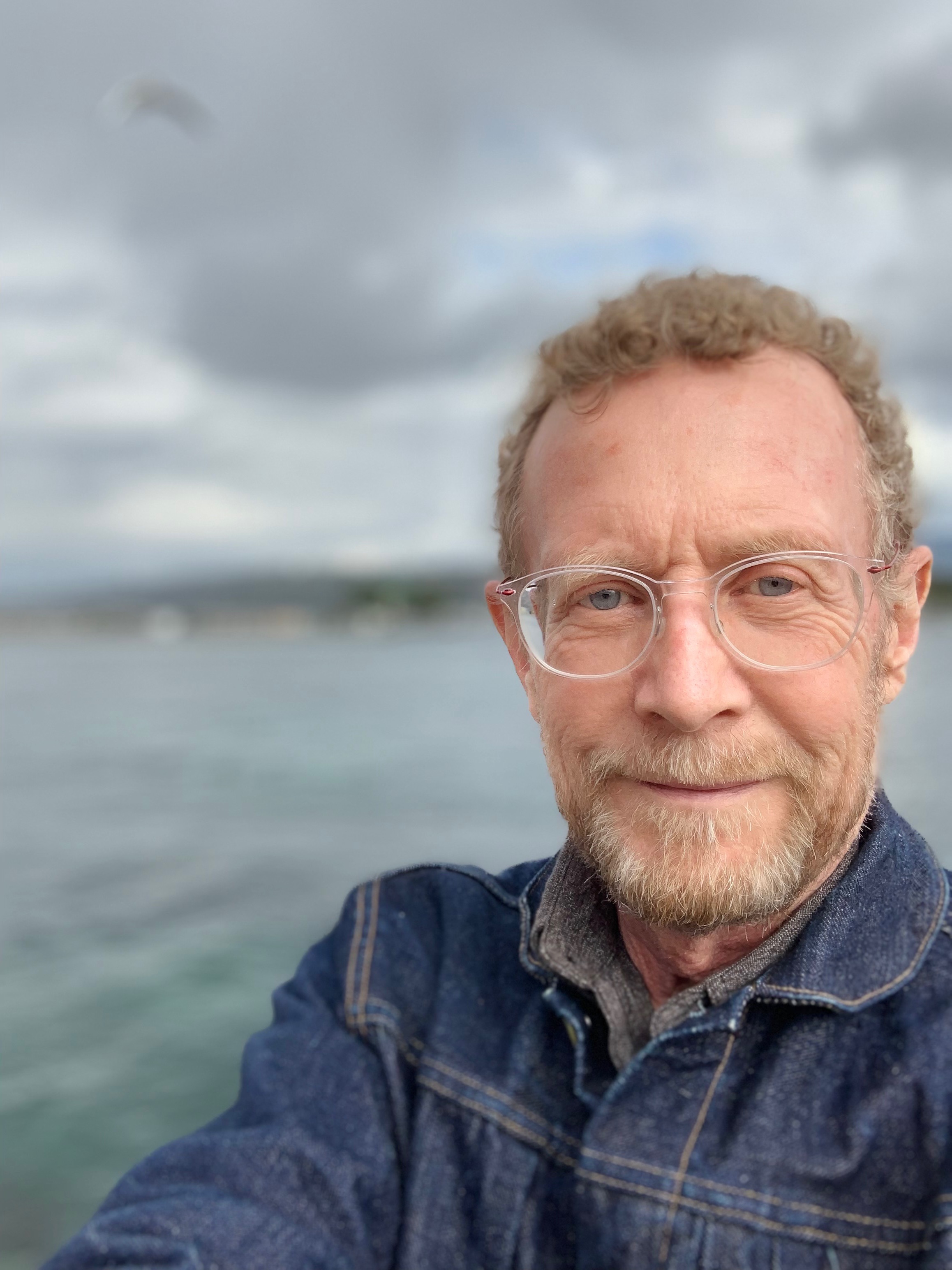
Originally from Germany, Markus Pikart has been working in the United Nations system as an information technology and trade facilitation expert for over 30 years. In this role he supported the development and implementation of automated customs data management systems (UNCTAD ASYCUDA), the development of a cloud based electronic CITES permit information exchange systems for the Convention of International Trade in Endangered Species (CITES) and the development of international eBusiness standards, guidelines and recommendations in the UNECE Centre for Trade Facilitation and Electronic Business (UN/CEFACT).
He is responsible for the delivery of the capacity building and advisory services in trade facilitation and electronic business in Europe, Africa and the Asia Pacific. As project manager he is leading technical cooperation projects to support UN member states in the formulation of trade facilitation strategies and the implementation of tools and technologies for simplification and automation of international trade including Single Window.
Markus Pikart holds a Master in Business Administration and Information and Communication Technology from University of Regensburg, Germany.

Sebastián Rovira is an Economic Affairs Officer and the Officer in Charge of the Innovation and New Technologies Unit at the Division of Production, Productivity and Management at UN-ECLAC. Their main research areas are industrialization, innovation, production structure dynamics, ICT, trade and development, being responsible of different projects of the Division, related to dynamics of innovation and technological capabilities.
In the last years he has been participating in many books: “Latin American Economic Overview: Development in Transition (2019); “Eco-innovation and greening production: a review of Latin American policies” (2017), “Measuring the impact of quality infrastructure in Latin America: experiences, achievements and limitations (2015), Science, Technology and Innovation in the Digital Economy. LAC Overview (2016), Latin American productive integration through regional projects in science, technology and innovation” (2014), “New institutions for innovation: practices and experiences in Latin America” (2014), “Creative destruction and recovery in Latin America: an out-of-crisis roadmap centered on technology and industrial policies” (2012), “ICT in Latin America: a microdata analysis” (2011),“Technical progress and structural change in Latin America” (2007); and has published many influenced articles in development, technological dynamics and innovation: “Elites and structural inertia in Latin America: an introductory note on the political economy of development” (Journal of Economic Issue, 2008), “Structural change and the BOP constraint: why did Latin America fail to converge?” (Cambridge Journal of Economics, 2010), among many others.
-
 C1. The role of governments and all stakeholders in the promotion of ICTs for development
C1. The role of governments and all stakeholders in the promotion of ICTs for development
-
 C2. Information and communication infrastructure
C2. Information and communication infrastructure
-
 C3. Access to information and knowledge
C3. Access to information and knowledge
-
 C4. Capacity building
C4. Capacity building
-
 C5. Building confidence and security in use of ICTs
C5. Building confidence and security in use of ICTs
-
 C6. Enabling environment
C6. Enabling environment
-
 C8. Cultural diversity and identity, linguistic diversity and local content
C8. Cultural diversity and identity, linguistic diversity and local content
-
 C10. Ethical dimensions of the Information Society
C10. Ethical dimensions of the Information Society
-
 C11. International and regional cooperation
C11. International and regional cooperation
-
 Goal 9: Build resilient infrastructure, promote sustainable industrialization and foster innovation
Goal 9: Build resilient infrastructure, promote sustainable industrialization and foster innovation
-
 Goal 17: Revitalize the global partnership for sustainable development
Goal 17: Revitalize the global partnership for sustainable development
UNCTAD Publication "Fifteen Years Since the World Summit on the Information Society"
https://unctad.org/en/PublicationsLibrary/dtlstict2020d1_en.pdf
https://unctad.org/en/Pages/CSTD.aspx

